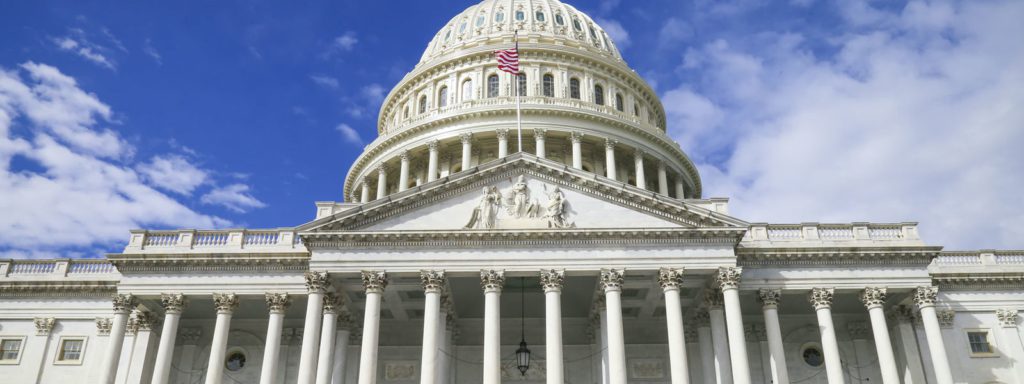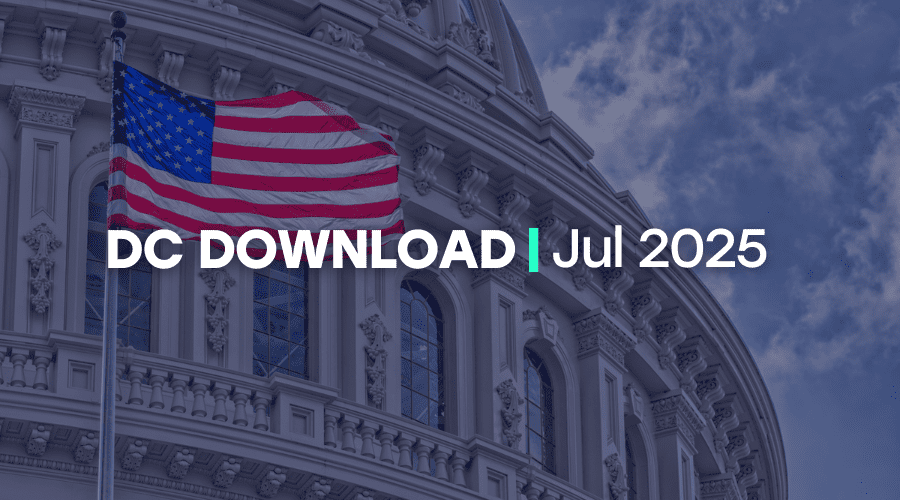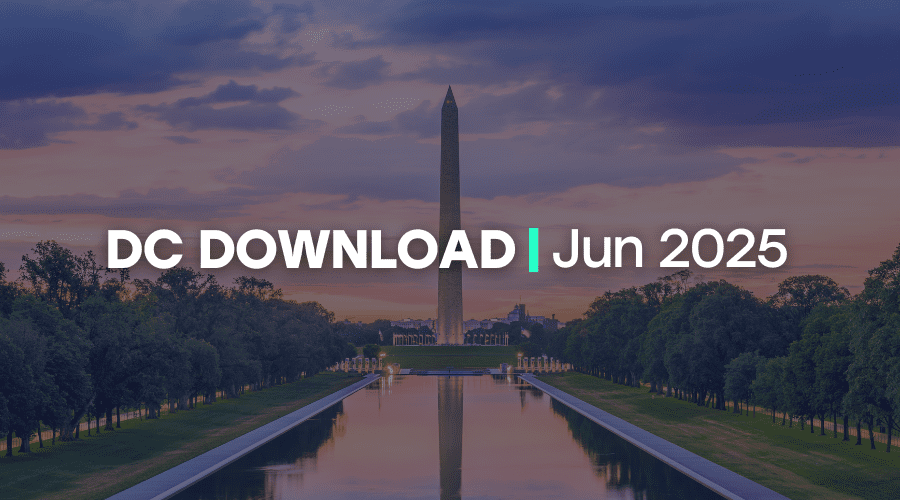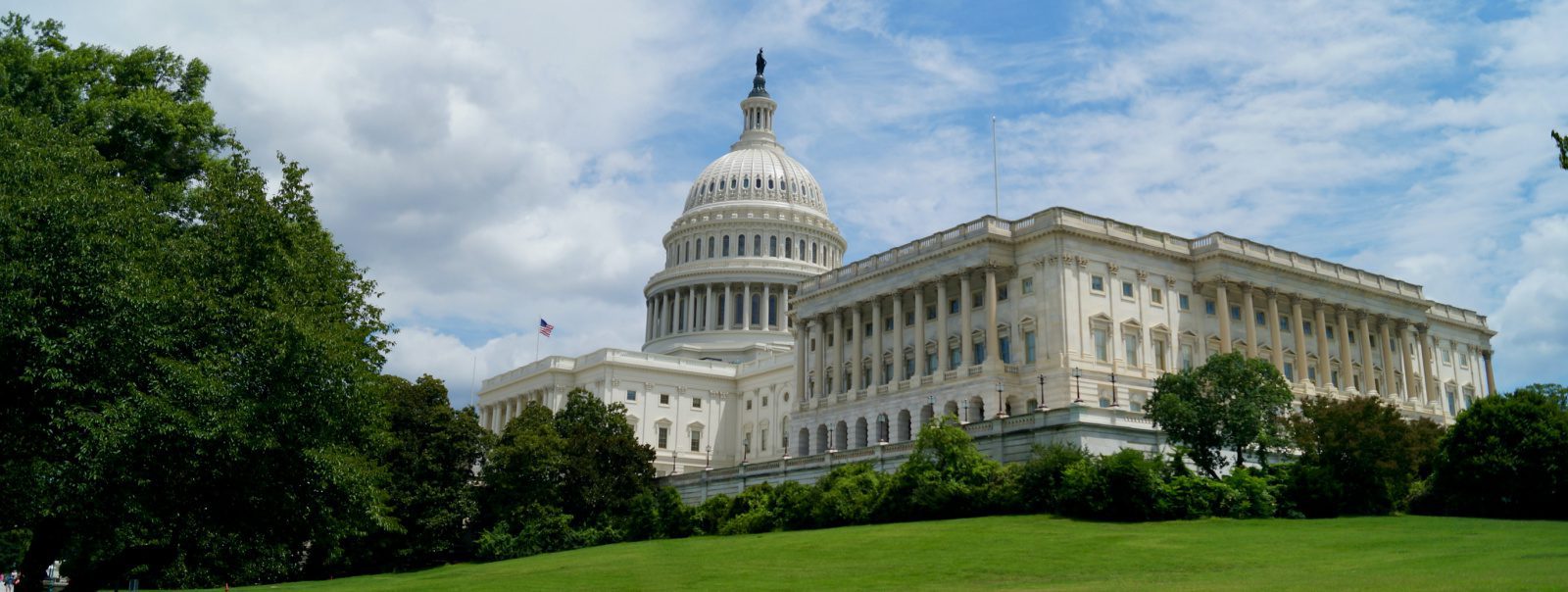It is hard to believe that we are in December. This year has flown by so quickly, in part, because of the heavy legislative activity. In Washington, D.C., Democrats were hoping for a Christmas miracle to pass the Build Back Better Act, but that will have to wait until next year. If you have been busy making a list and checking it twice and have missed some of the action, fear not. Here is an overview of the latest legislative issues affecting nonprofits:
Reconciliation Bill Update
After a month of Senate deliberations on the Build Back Better Act and no luck with a Christmas miracle, Democrats were anticipating taking up President Biden’s $1.7 trillion social and climate spending bill and voting rights legislation early next year. Those plans were potentially scrambled by Sen. Manchin’s (D-WV) announced opposition on December 19. The House passed its version of the budget reconciliation package on November 19. Majority Leader Sen. Schumer (D-NY) had set a goal of passing the bill by Christmas, but disagreements linger over various provisions, like relief from a $10,000 cap on state and local tax deductions, as well as Sen. Manchin’s opposition to the general structure and cost of the package.
Review the Build Back Better Act summary from Independent Sector and urge your senators to support the legislation!
Bill to Restore the Employee Retention Tax Credit Introduced
On December 8, Rep. Carol Miller (R-WV) introduced the Employee Retention Tax Credit Reinstatement Act (HR. 6161) that would restore the tax credit through the end of 2021.The bill is cosponsored by 17 Representatives, including fellow Ways and Means Members Stephanie Murphy (D-FL), Kevin Hern (R-OK), and Terri Sewell (D-AL).
The Employee Retention Tax Credit (ERTC) was scheduled to expire at the end of 2021, but the recently enacted Infrastructure Investment and Jobs Act disallowed this credit for the fourth quarter of the year. Many nonprofits have continued to take the tax credit into the fourth quarter, and now face a retroactive tax increase and a complex, frustrating process in reconciling the credit that they will now have to forfeit.
This tax credit helped nonprofits rebuild and continue to deliver critical services. Take a minute to ask your legislator to restore the ERTC for the end of the year and extend it into 2022.
Nonprofits and the IRS Encourage Giving Before December 31
On December 13, Independent Sector and the National Council of Nonprofits joined the Internal Revenue Service (IRS) to highlight the temporary $300 universal charitable deduction, $600 for joint filers, established in the CARES Act that is set to expire at the end of the year.
The nonprofit sector has advocated for the extension and expansion of the temporary charitable deduction, which has been a critical resource as charities recover from job loss and the economic crisis caused by the pandemic. On December 14, the Charitable Giving Coalition (CGC) sent a letter to lawmakers encouraging Congress to expand the universal charitable deduction before it expires on December 31. More than 370 charitable organizations joined the letter.
Nonprofit Jobs Update
According to the latest report from The Center for Civil Society Studies (CCSS) at Johns Hopkins University, November saw a small gain of 5,274 nonprofit jobs, reducing the total lost jobs by just 1% of the 490,464 jobs still estimated to be missing as of October. The center estimates that it will take until at least October 2022 for nonprofit employment to exceed pre-pandemic levels.
Michael D. Smith Confirmed to be AmeriCorps CEO
On December 9, the Senate confirmed the bipartisan nomination of Michael D. Smith to be the Chief Executive Officer of AmeriCorps, formerly known as the Corporation for National and Community Service. Prior to his confirmation, Michael Smith served as the Executive Director of the My Brother’s Keeper (MBK) Alliance and Director of Youth Opportunity Programs at the Obama Foundation. President Biden nominated Michael D. Smith back in June 15, 2021.
Generous Participation in GivingTuesday
The GivingTuesday Data Commons estimates that 35 million adults participated on GivingTuesday 2021 in the U.S., a 6% increase compared to 2020. Giving in the U.S. alone totaled $2.7 billion, representing a 9% increase compared to GivingTuesday 2020, and a 37% increase since 2019.
New Poll: Voters Want Nonprofits Resourced and Represented in Federal Policy Making
A new poll released by Independent Sector finds that 88% of voters support a permanent charitable giving tax deduction for people in the U.S., and 74% of voters support increasing the cap to $4,000 per person. The poll also reveals strong public support for nonprofits having official government representation and engaging in nonpartisan civic engagement. To learn about additional findings from the poll click here.
Vaccine Mandate for Employers Update
On December 15, a federal appeals court panel lifted a nationwide ban against the administration’s vaccine mandate for health care workers, creating the potential for uneven enforcement across the country. Vaccine mandates covering private employers with at least 100 employees and those that have contracts with the federal government remain held up in the courts. A three-judge panel on the 6th Circuit Court of Appeals lifted a stay on the private employer mandate on December 17, but opponents have made clear that they will appeal to the Supreme Court.
Earlier this month, the Senate voted to overturn President Biden’s vaccine and testing requirement for large private employers. The vote is largely symbolic, as it is unlikely that Democratic leaders in the House will take up the measure, and The White House has said President Biden will veto it if it reaches his desk.



